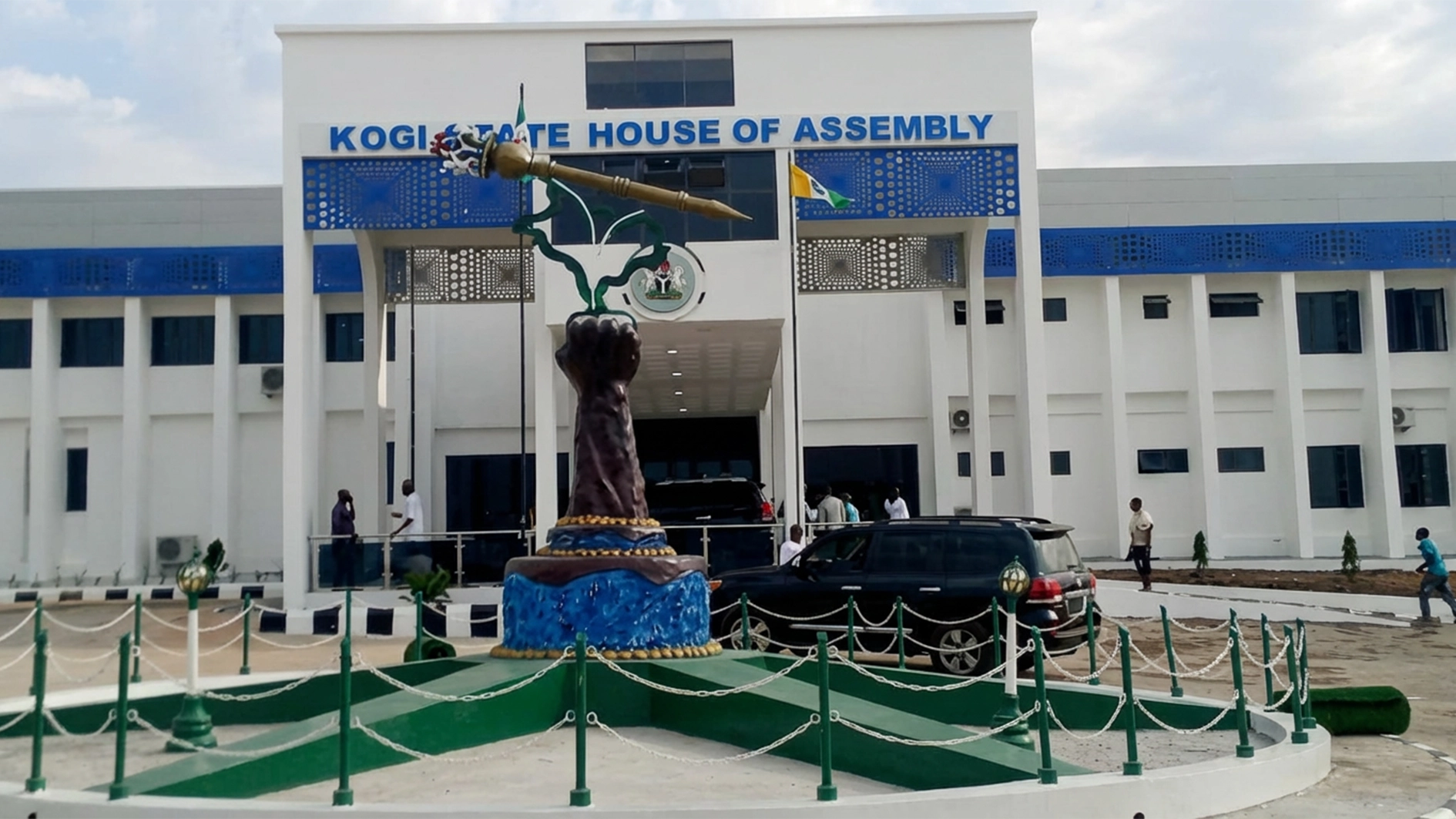The Federal Government has approved the implementation of a new National Industrial Relations Policy (NIRP), a comprehensive framework designed to promote harmonious workplace relations, strengthen labour governance, and reduce industrial disputes across Nigeria.
The approval was announced on Thursday by the Minister of Information and National Orientation, Mohammed Idris, during a briefing to State House Correspondents at the Presidential Villa in Abuja, following the Federal Executive Council (FEC) meeting chaired by President Bola Tinubu.
According to the minister, the NIRP serves as a guiding policy document that regulates the conduct of trade unions, employers, employees, and other key stakeholders in Nigeria’s industrial relations landscape.
“This policy will ensure a seamless workflow, promote social dialogue, and deepen tripartite cooperation among government, employers, and workers,” Idris said.
“It also aligns Nigeria’s industrial practices with international standards, particularly those of the International Labour Organisation (ILO).”
He observed that the policy’s approval reflects President Tinubu’s dedication to fostering a stable industrial environment that promotes economic growth, productivity, and decent working conditions.
The minister stressed that the NIRP is a long-overdue intervention to tackle the recurring wave of industrial actions in the country, especially in critical sectors like health and education, many of which arise from the lack of a unified national framework for labour relations.
“Over the years, we have witnessed frequent industrial actions that disrupt public services and economic activities,” Idris said.
“The approval of this policy is a direct response to that challenge and represents a strategic effort to institutionalise mechanisms for conflict prevention, mediation, and resolution.”
The minister explained that the key features of the national industrial relations policy: encourage structured social dialogue between stakeholders, enhance tripartite collaboration involving government, labour, and employers, promote peaceful resolution of disputes through dialogue and negotiation, align national practices with international labour conventions and best practices, and set a clear roadmap for industrial relations governance and compliance.
Idris reiterated that maintaining industrial harmony is not only a labour issue but a national priority that demands immediate and sustained attention.
“With this policy now in place, we can begin to build a more resilient labour system that supports both the rights of workers and the interests of employers,” he added.
The minister disclosed that the newly approved NIRP is expected to be rolled out in partnership with relevant ministries, trade unions, employers’ associations, and civil society groups to ensure broad awareness and implementation across both the public and private sectors.






